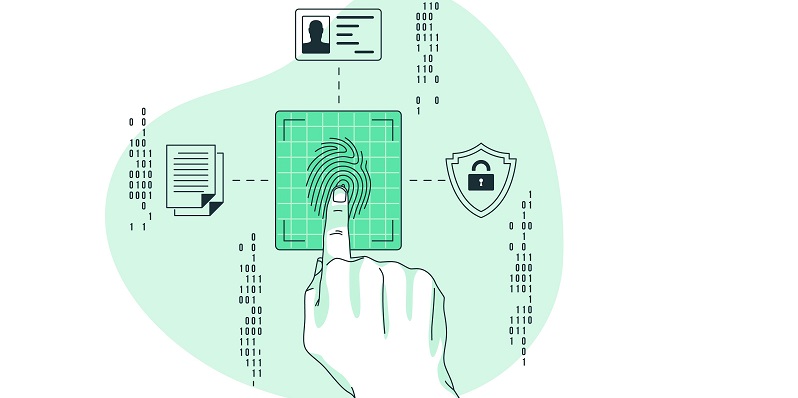In recent years, the availability of data has skyrocketed, primarily driven by the rise of remote and hybrid work arrangements, as well as the use of digital work channels by employers. As companies seek to assess and meet the health and well-being needs of their employees, the gathering of personal and sensitive employee data has become essential. However, to establish a fair and responsible data ecosystem, companies must create a mechanism that fosters a trust-based partnership between employers and employees. This article explores the concept of an Employee Data Bill of Rights as a foundational framework for collecting and using employee data ethically and responsibly.
Establishing a Trust-Based Partnership
The collection and use of employee data must be handled fairly and responsibly to build trust between employers and employees. Companies should strive to establish a trust-based partnership with their employees, where employee data is treated with the utmost respect. This requires a commitment to transparency, integrity, and accountability in dealing with employee data throughout its lifecycle.
Employee Data Bill of Rights
To ensure fair and responsible use of employee data, companies can develop an employee data bill of rights. This serves as a guiding document outlining foundational principles for collecting and using employee data, creating a transparent and ethical framework.
Foundational Principles for Employee Data
The employee data bill of rights should be built upon key principles such as purpose, minimization, fairness, and awareness. These principles will shape the company’s approach to collecting and using employee data, ensuring that privacy, consent, and data protection are fundamental considerations throughout the process.
Purposeful Data Collection
One crucial principle is that employers should have a legitimate and specific purpose for collecting each piece of employee data. It is important to avoid collecting data for the sake of collecting it and always having a clear objective in mind. This purpose-driven approach ensures that employees understand why their data is being collected and used, fostering transparency and trust.
Minimizing Data Collection
In addition to purpose, companies should strive to collect only necessary and less sensitive data. By using less invasive methods or alternative data sources when possible, employers can respect an employee’s privacy while still gathering valuable insights. Minimizing data collection also reduces the risk of mishandling or misusing sensitive information.
Reinforcing Equity and Equality
A responsible use of employee data can contribute to reinforcing equity in the workforce. By analyzing aggregated and anonymized data, companies can identify areas for improvement, address biases, and enhance equality of access and opportunity. The insights gained from data analysis can help organizations create inclusive policies, minimize discrimination, and promote a fair and diverse workplace.
Communicating Data Collection Practices
Transparency and clear communication with employees about the data collected and the reasons behind it are crucial. Companies should establish open channels of communication, providing employees with insight into the types of data collected, how it will be used, and the measures in place to protect their privacy. This promotes employee understanding and allows for meaningful feedback, fostering a culture of trust and collaboration.
Ensuring Compliance and Accountability
To ensure adherence to the Employee Data Bill of Rights, companies must follow through on the rights established within it. This can be achieved by establishing a dedicated committee or data ethics board responsible for overseeing employee data issues. The committee ensures compliance with the Bill of Rights, monitors data handling practices, and addresses any concerns or breaches that may arise. By enforcing accountability, companies demonstrate their commitment to responsible data management.
In the digital age of work, responsibly handling employee data is paramount. Establishing an employee data bill of rights can serve as a robust framework for guiding companies in collecting and using employee data ethically and responsibly. By adhering to principles such as purpose, minimization, fairness, and awareness, companies can build trust and foster a culture of transparency and collaboration. Ultimately, a strong employee data framework benefits both employers and employees, leading to improved decision-making, enhanced employee satisfaction, and a more productive workforce.

